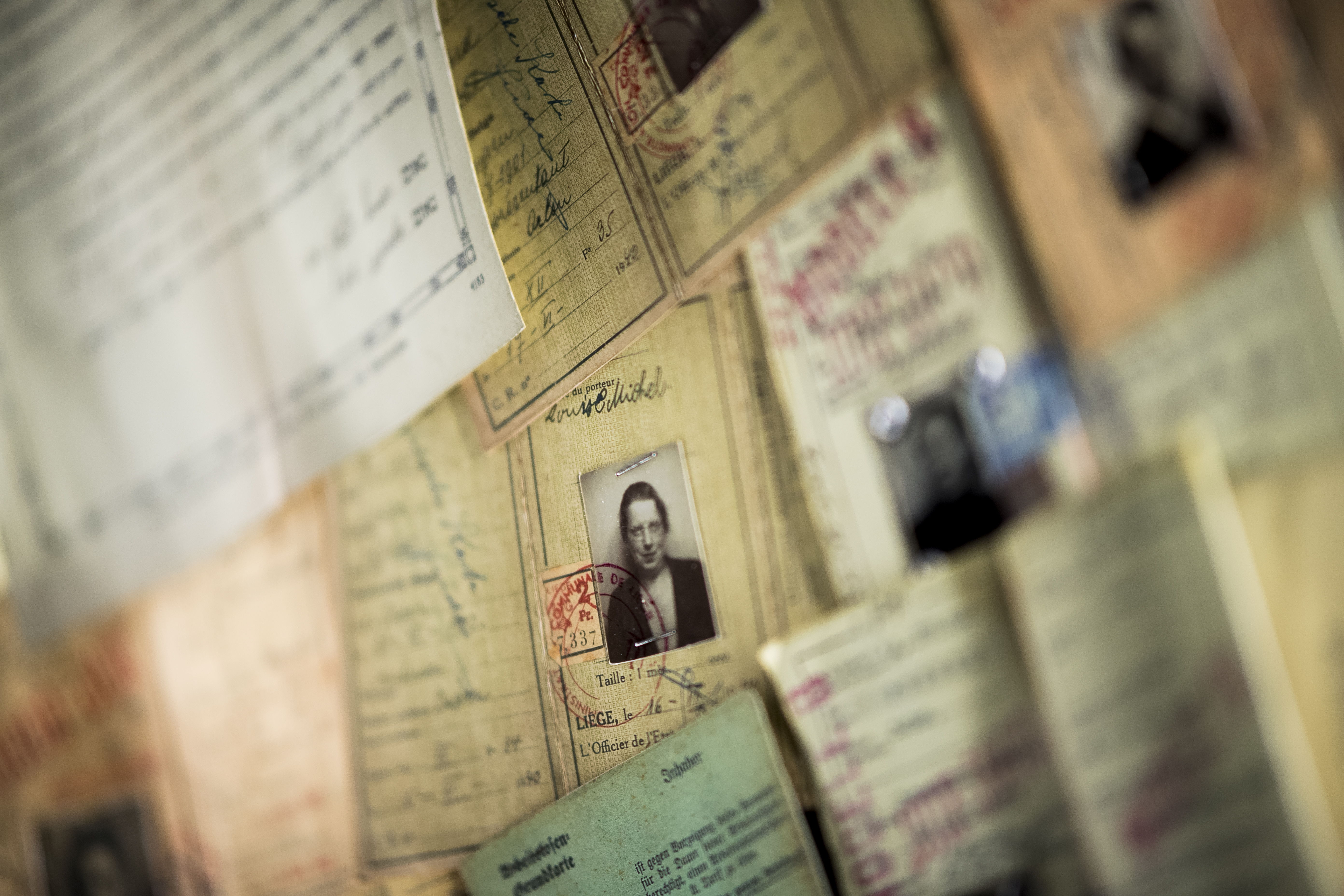Belgian railway must apologise for wartime deportations, experts say

The Belgian national railway company should apologise for deportations it carried out during the Second World War, a group of experts has recommended. In 2023, a report revealed that the company had earned millions from wartime deportations.
Issuing an apology is one of thirty recommendations made by the working group, which was set up to examine the report on the railway's role during the war. Other recommendations included developing educational packages and training of civil servants, but not financial compensation for victims.
Between 1942 and 1944, the railway deported more than 25,500 Jews and Roma. An independent inquiry commissioned by Belgium found in 2023 that the company had received more than 50 million Belgian francs from Germany during this period.
Nuancing responsibility
Over the past year, a 12-member working group has met regularly with various victims' organisations, including the Dossin barracks memorial centre and representatives of the Roma community, to discuss the next steps.
"The attitude of the management was in line with the national policy of the least evil"
In its report presented on Friday, the group nuanced the railway's responsibility. "Throughout the occupation, the attitude of the management was in line with the national policy of the least evil," it said. However, the group stressed that collective responsibility must be recognised.
According to the experts, there is no need for financial reparations, as happened in the neighbouring Netherlands. In 2021, the Dutch railway company paid a total of 43 million euros to almost 5,500 victims or relatives of people deported during the Second World War.
Truth, transmission and reparation
The recommendations were divided into the categories of truth, transmission and reparation. In relation to truth, the working group suggested developing educational packages and workshops, and supporting studies and scientific research.
The group stressed the importance of training civil servants to resist dictatorial pressure
In terms of transmission, the group focused on disseminating information to young audiences through educational tools that emphasise dialogue and mutual respect. It also stressed the importance of training civil servants and private sector workers to resist dictatorial pressure.
Reparations can be made if the company expresses regret and officially apologises for the role it played at the time, the group said. They also recommended that the Belgian government improve the status of the victims.
'Resounding fail'
Members of the group included lawyer and former judge Françoise Tulkens, former Belgian ambassador to Israel and the UN Bénédicte Frankinet and former Belgian prime minister Herman Van Rompuy. One member, honorary Supreme Court judge Sidney Berneman, refused to endorse the final report.
"The report does not honour the memory of thousands of Jews"
"It is with a bitter feeling that I must give the final report a resounding fail and cannot in good conscience endorse it," Berneman said, expressing his appreciation for the group's efforts "during the difficult sessions". "The report does not honour the memory of thousands of Jews," he said.
The Dossin barracks memorial centre was cautiously positive on Friday. "An official apology from SNCB is an important symbolic step, but it should be accompanied by a firm commitment from the railway company to structural and practical initiatives," they said.
Detail of the memorial exhibition at the Dossin barracks in Mechelen, Belgium © BELGA PHOTO JASPER JACOBS
Related news

